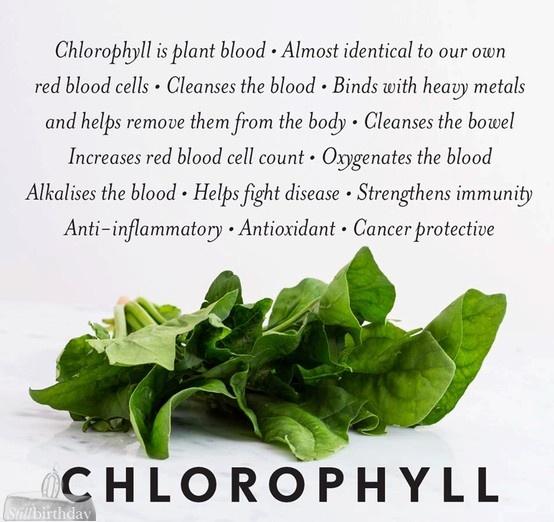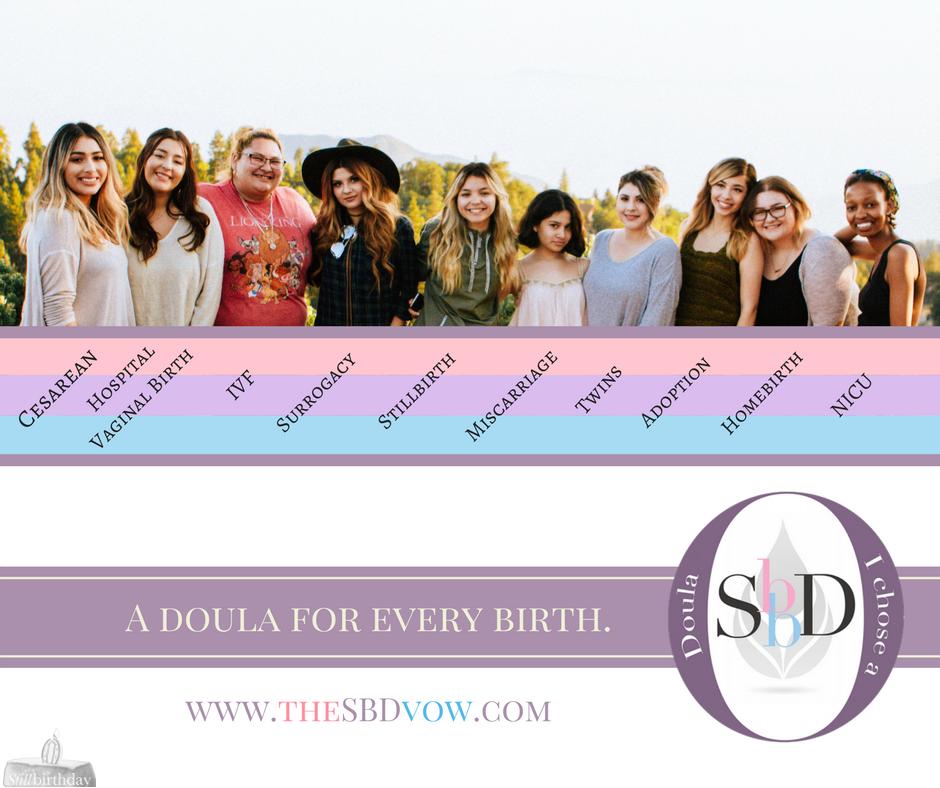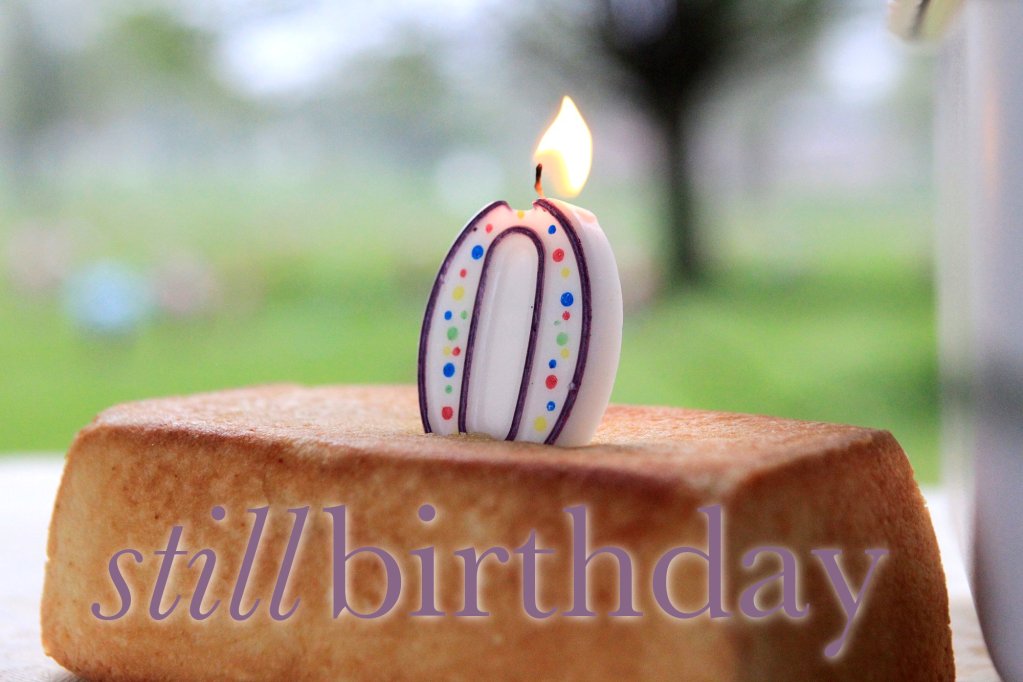There are many important aspects of your health that need to be given attention after a miscarriage or stillbirth.
Emotional/Spiritual
- Your emotional/spiritual health involves things like how to tell your living children about what’s happening, learning about statistics and other facts, as well as positive perspectives and devotionals regarding many factors of loss.
- Long term support resources include organizations that are local to your community that can provide counseling and additional support. The international long term support resources section includes things like books, websites, and crisis and suicide hotlines.
- Keep an eye out for PPD (postpartum depression). There is information on this and other things to watch out for, here.
- Grief is hard work. It utilizes physical sources even for individuals who exhibit less outward demonstrated signs of grief. You need to exercise well, and, rest well. A nice walk in nature can be healing.
Physical
- It is important for you to take care of your body. Some mothers, through their grief, seek to lash out their pain or anger toward their bodies. You need to take care of yourself, including these topics:
- Rest. Do not perform heavy lifting or excessive work. Ask for help and receive it.
- Stay hydrated. You need to be drinking plenty of water and other clear fluids.
- Take a warm bath. Consider taking a soothing herbal bath, including nettle, sage, yarrow and/or oregano.
- Understand about postpartum hemorrhage , lochia and blood loss.
- Many mothers experience postpartum hair loss as pregnancy hormones shift after the birth. You may experience the same.
- Know your options regarding post – loss lactation.
- Continue eating nutritiously and taking your prenatal vitamin to replenish the vitamins lost during the loss.
- You might utilize things such as healing essential oil to support your physical and emotional strength.
- Consider postponing any farewell celebrations you select until you are physically able to participate (particularly after a Cesarean birth).
- Some mothers find comfort in wrapping a rebozo around their belly, to give yourself a hug. Your belly area may feel “not quite right” as you are not pregnant but not holding your baby. Laying on your tummy or using a warm pad can help with cramping as well as feel like you are giving yourself a hug.
- It can be difficult to know what to ask of your friends and family. We can help. Just give this link to your friends.
- Additional postpartum health tips are located within each printable birth plan.
- Attend your well-check visit with your provider. Bring a stillbirthday doula with you.
- Our “subsequent/rainbow” pregnancy resource section has information regarding the many aspects involved in “TTC” or “trying to conceive after loss.”
Postpartum Nutrition
It is important to take care of yourself, both physically and emotionally, following a pregnancy loss. Regardless of the kind of pregnancy loss or the birth method you’ve used, it is important to replenish lost vitamins from blood loss and the birth. Here are a few helpful tips:
- Continue taking your prenatal vitamin.
- Ask your provider about floradix, hemoplex or chlorophyll, as these are said to have nourishing properties that can aid in replenishing lost iron and providing additional oxygenation to your blood.
- Stay hydrated.
- Salty broths can be satisfying and aid in lost iron.
- Vitamin C can help your body better absorb iron.
- Getting sunshine (even a one time trip to a tanning spa if it’s winter) can help invigorate you.
- See the rest of our postpartum health tips.
It can be important to consider that you will need to eat for healthy grieving. Foods that you eat with mindfulness while pregnant can seem especially painful to you in early postpartum. Select foods that can bring nourishment to your grieving heart. Simple snacking on things like cheese cubes, hard boiled eggs, prepared sliced fruit, and water can be easier to eat and helpful.












Leave a Comment